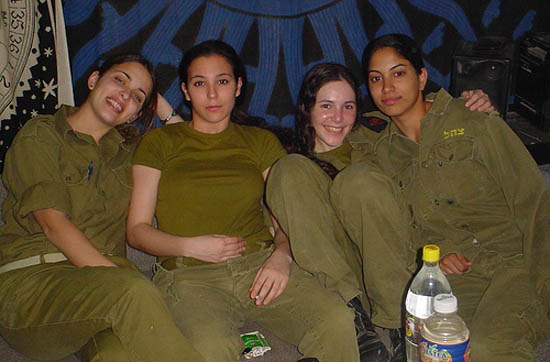1. Footing the Bill
The word invite takes on a whole new meaning in Israel. To invite someone means you are volunteering to pay for them. When you say “I am inviting” to an Israeli, they hear “I am paying.” Even if you are prepared to treat your friends often, be careful that you don’t use this phrase too much.
The exchange of money and gifts in Israel is governed by a very delicate protocol. Paying for someone else is a matter of pride, so if you know that your friends cannot afford to treat you in return, limit the number of times you treat them. However, it is acceptable for a friend with a lower income to invite in return as a token. For example, if you are financially successful and you take a student friend out to dinner, he may return the favor by taking you to coffee.
